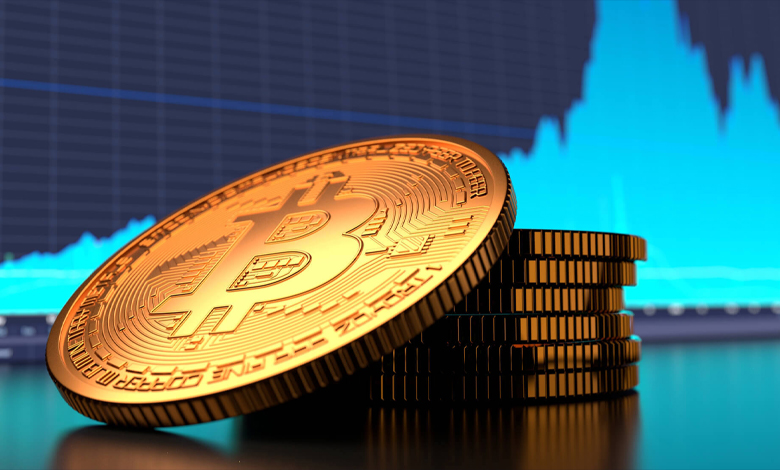US Presidential Candidates Vie for Crypto Community Support and Donations

In a bid to win over the influential crypto community, US presidential candidates are making bold promises regarding Bitcoin and other digital assets. Former President Donald Trump, during his keynote speech at the Bitcoin Conference in Nashville, pledged to maintain the current level of Bitcoin holdings amassed from financial criminals but stopped short of promising to establish an official U.S. Bitcoin strategic reserve currency.
Trump’s Stance on Bitcoin
Trump, the Republican presidential nominee, assured the audience that if elected, his administration would retain 100% of all Bitcoin currently held or acquired by the U.S. government. “For too long our government has violated the cardinal rule that every bitcoiner knows by heart: Never sell your bitcoin,” Trump declared. This approach contrasts with the current practice of the U.S. Marshals Service, which regularly auctions off seized Bitcoin and other cryptocurrencies, sometimes triggering market drops.
According to Arkham Intelligence, the U.S. government still holds about 203,000 bitcoins, worth approximately $13.4 billion at the current price. This significant holding underscores the potential impact of Trump’s proposed policy on the market.
During a private round table with donors, including prominent investors like Tyler and Cameron Winklevoss, and Republican Senators Cynthia Lummis, Bill Hagerty, and Marsha Blackburn, Trump hinted at the benefits of holding Bitcoin without delving into the mechanics of his plan. This proposal, while noteworthy, did not match the more sweeping promises made by third-party presidential candidate Robert F. Kennedy Jr.
Kennedy’s Bold Proposal
Kennedy, speaking at the same conference, went further, proposing a strategic reserve of 4 million Bitcoin to match the U.S.’s gold reserves. He pledged to sign an executive order directing the Treasury to purchase 550 Bitcoin daily, aiming to significantly alter cryptocurrency regulation and valuation. This ambitious plan highlights the growing importance of Bitcoin in political discourse, driven by the increasing influence of the crypto lobby in Washington.
Legislative Support and Challenges
Despite Trump’s conservative approach, legislative efforts are underway to support a strategic Bitcoin reserve. Senator Cynthia Lummis of Wyoming announced plans to introduce legislation for a 1 million Bitcoin reserve to be held for at least 20 years, aimed at reducing the federal deficit and fortifying the dollar against inflation. This initiative underscores the growing bipartisan interest in integrating Bitcoin into the national financial strategy.
However, establishing a Bitcoin reserve faces significant challenges. An executive order alone would not suffice; new legislation and congressional approval are necessary. Funding the reserve would likely involve taxpayer money, with additional purchases bolstered by existing Treasury funds.
Mt. Gox Redistribution and Market Impact
Amid these political maneuvers, significant Bitcoin transfers have been observed. Arkham Intelligence reported that by 7.28 pm ET, Mt. Gox had transferred 33,105 BTC (worth $2.19 billion) to an address tagged “bc1q26”. The owner of this address remains unclear. Mt. Gox, which began its long-awaited redistribution process in early July, has transferred billions worth of BTC to several exchanges, including Bitstamp, Kraken, Bitbank, and SBI VC Trade.
Impact on Bitcoin and the Crypto Market
A U.S. Bitcoin reserve would grant the digital currency unprecedented legitimacy, building on Wall Street’s growing adoption of digital assets. The recent approval of spot Bitcoin exchange-traded funds by the SEC has already cemented Bitcoin’s place as a significant asset class. A national reserve could further drive-up Bitcoin prices, as other countries might follow suit, reducing market supply and increasing demand.
In the short term, Trump’s promises, though less aggressive than anticipated, have not significantly impacted Bitcoin’s steady price of around $68,000. However, the ongoing political attention to cryptocurrency underscores its evolving role in both national and global financial landscapes.





